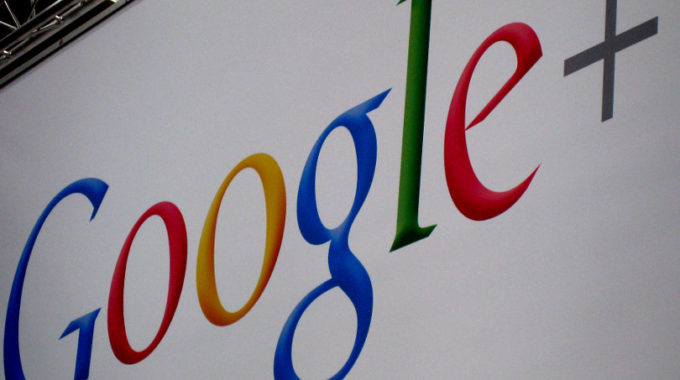Google + is a complex social media network created and owned by Google. Many people make the argument that Google + is somewhat redundant. After all, the social media networking giant Facebook is still doing well, with over an estimated 1.11 billion active users. In addition, many people speculate that Google Search will use its influence to further promote Google + by increasingly using data gathered from Google + in its search algorithms.
Digital marketing firm, Wpromote predicts that social media will be further incorporated into major search algorithms in general. Rather than focusing on social media or SEO, many predict that the two will converge rather than remain parallel entities. Like it or not, Google + can’t be ignored forever, especially in a dynamic online marketplace in which visibility and strategy can change dramatically every few weeks.
A few facts about Google + and Facebook
Google + and Facebook are both notable social media networking sites. More interesting than facts about each platform are the specific demographics attracted to each platform. Data suggests that Google + users and Facebook users make up markedly different demographics. For instance:
- The average age of Facebook users is age 38; the average age of Google + users is 28
- The top three brands on Facebook as of May 2012 were Coca Cola, Disney, and Starbucks; the top three brands on Google + were Android, Mashable, and Chrome
- This data suggests that Facebook users are more interested in consumer products and Google + users are more interested in newer technology
- More females used Facebook; more males used Google +
The two social media networking platforms work differently, and each was introduced at a different time. As illustrated by the statistics above, the two social networking platforms tend to attract very different types of users.
Breaking through the misconceptions
In the early 2000s, search engines and email platforms would rise to popularity and be replaced at an alarming rate. Lycos was one of the first search engines to be recognized and deemed obsolete. AOL’s slogan, “You’ve got mail!” was once a household name, but the little mailbox only took AOL so far. Ask Jeeves changed its name, and people stopped caring. Google was launched in 1998, and they never stopped trying new things. Some Google inventions such as Gmail rose to popularity and have stayed at the top. Other Google inventions such as Google Scholar did not work out so well and are currently tucked away beneath a dropdown menu. The takeaway from Google’s brief history is that Google has never shied away from trying something new and different. Many could argue that is the reason why Google is the largest search engine today.
Multiple social media platforms also suddenly became less popular. For example, MySpace dominated the social media networking scene until Facebook gained increasing popularity. Unlike MySpace, Facebook originally had a more “adult” or layout or professional appearance for user profiles. Many argue that theme songs, little games, and the Top 8 friends made MySpace appear that is was geared towards a younger crowd. Like Google, Facebook has also taken chances to further evolve and grow. Also like Google, some of Facebook’s introductions have been more popular than others.
How to build an audience on Google + with Google Search
Many people speculate that Google + accounts will be highly influential in Google Search rankings and overall visibility on all things involving Google (e.g. Google AdWords rankings) in the foreseeable future. Instead of finding your business falling behind, be prepared. One of the easiest ways to start building an engaged audience on Google + is to offer an incentive for your current following on other social media platforms to follow you on Google +. Incentives can vary from offering a free item or discount to the first 50 people that join you on Google + or post on other platforms that you will post important information about an upcoming event or big announcement only on Google +.
Should people care about Google +
In short, yes. Almost any business that relies strongly on Google Search or Google AdWords to drive traffic and increase revenue should be prepared to learn to love Google Plus and SEO. Things are always changing on search engines and social media. Continued change is the only prediction that can be made with any sort of true accuracy for long-term results. Learn to love change and the dynamic online marketplace.
About the Author: Dorian Travers is an Internal Marketing Specialist at digital marketing firm, WPROMOTE and has always had a particular interest in online marketing and coming up with creative ways to help businesses grow.




